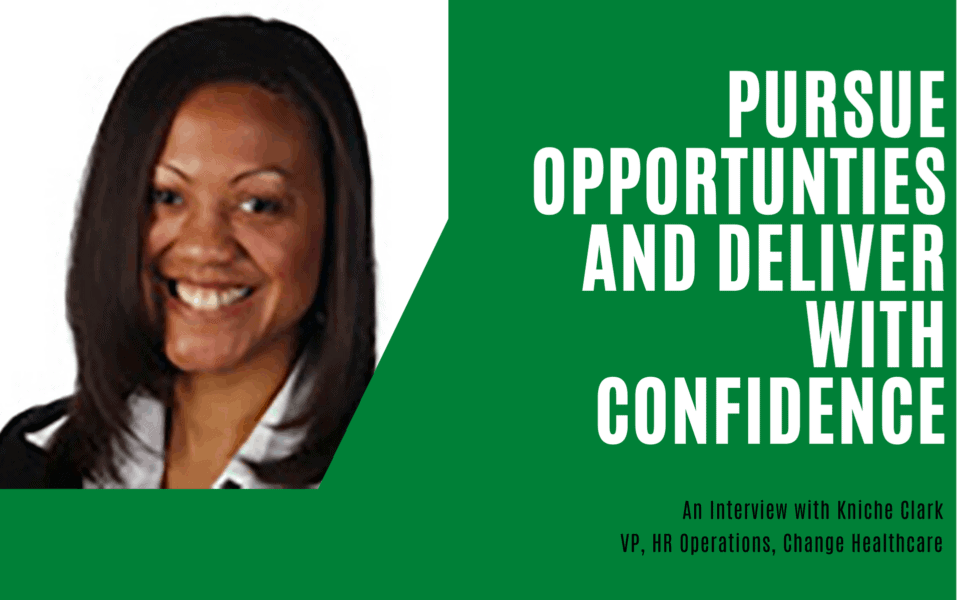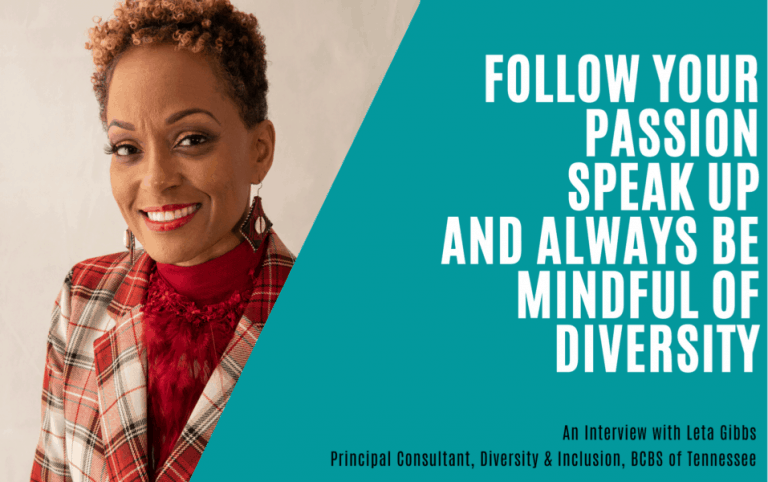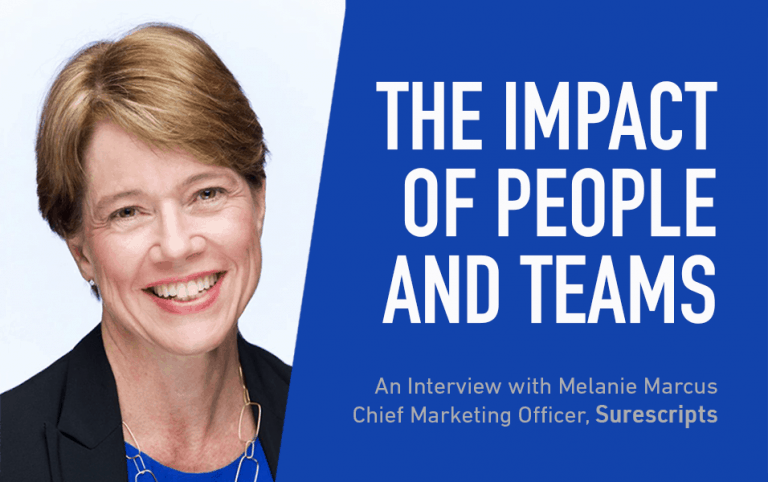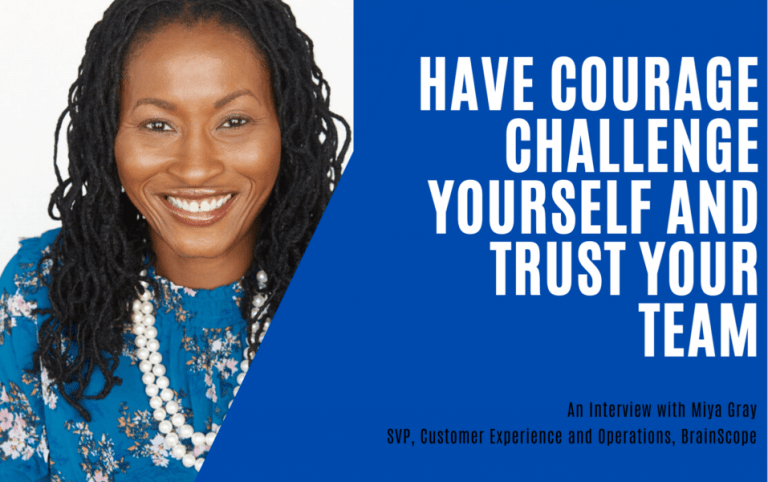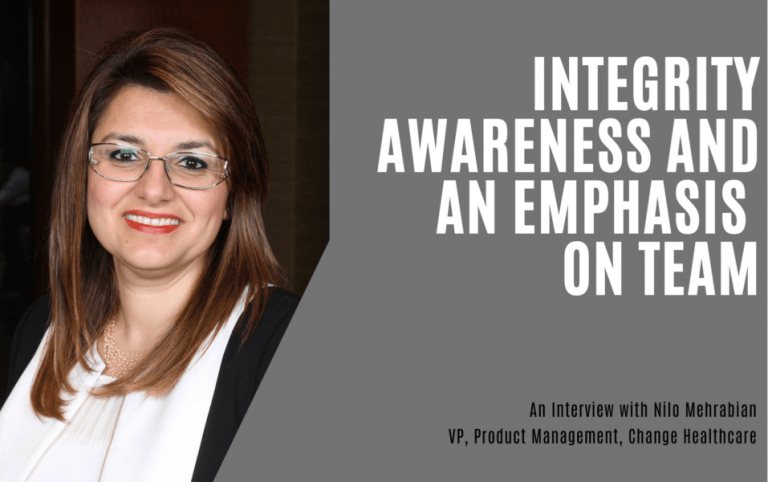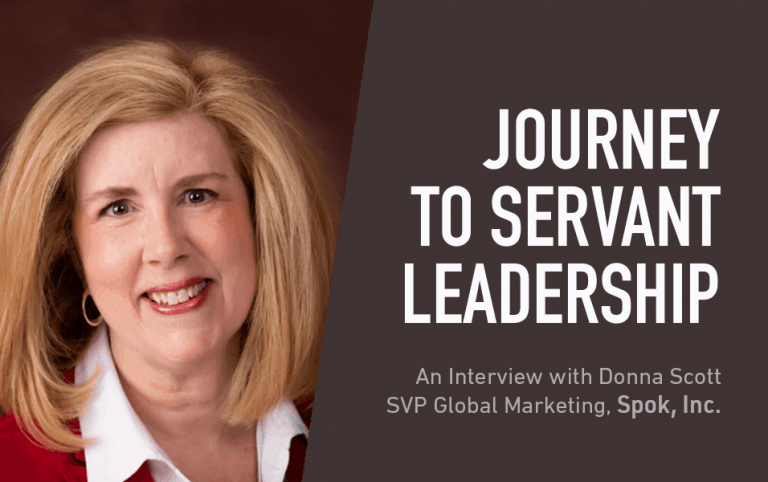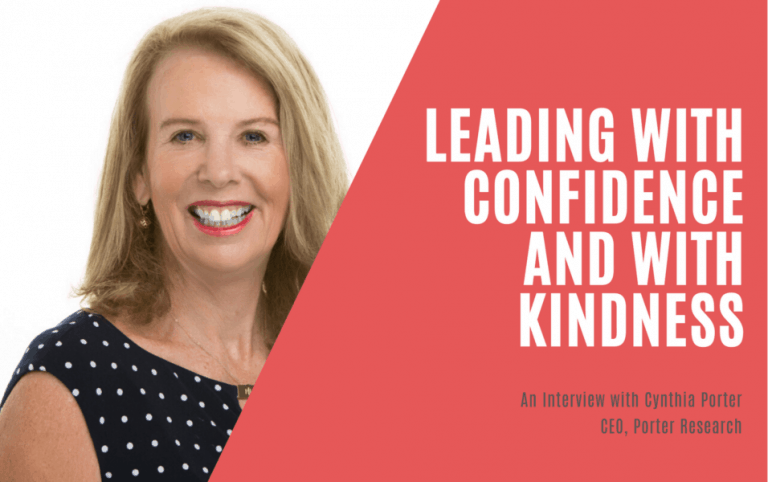Pursue Opportunities and Deliver With Confidence
[et_pb_section fb_built=”1″ admin_label=”section” _builder_version=”3.22″ custom_padding=”30px|0px|30px|0px|false|false”][et_pb_row admin_label=”row” _builder_version=”3.25″ background_size=”initial” background_position=”top_left” background_repeat=”repeat” custom_padding=”2px|0px|19px|0px|false|false”][et_pb_column type=”4_4″ _builder_version=”3.25″ custom_padding=”|||” custom_padding__hover=”|||”][et_pb_text admin_label=”Text” _builder_version=”4.4.3″ header_4_text_align=”left” header_4_font_size=”15px” header_4_line_height=”1.4em” background_size=”initial” background_position=”top_left” background_repeat=”repeat”]
Pursue Opportunities and Deliver With Confidence
An Interview with Kniche Clark, VP, HR Operations, Change Healthcare
I enjoyed speaking with Kinche Clark, VP of HR Operations at Change Healthcare. In her various roles in information technology, project management, product management and operations, Kniche learned the importance of choosing your own career path, engaging your team to drive results, with an emphasis on team trust and accountability. (5 min read)
Tell me about your career path and what led you to where you are today.
So, I have a background in technology – my undergrad degree is in math and computer science. My first role out of school was actually a call center job for a chemical and plastics company as part of a newly centralized IT team. While there, I moved into a Unix systems administrator role. I then moved to Hewlett-Packard in a consulting position focused on technology infrastructure for mission-critical business services. That led to me from hands-on technical work to an interest in project management.
After HP, I went to McKesson and this is where my career really started to take off. I started as a Technology Project Manager and obtained my PMP. I then moved up to Director of Application Hosting and Implementation Services. I later managed the PMO responsible for release management of our commercial Practice Management and EHR products, and then went on to lead the Product Management team for these product lines. When our business unit moved to Change Healthcare, there was an opportunity to move to HR Operations and to build that team from the ground up. Executive leadership knew I had success with this from my prior experience building the Application Hosting team at McKesson, and there was a need here in HR as we started the integration work of our companies.
Today I am leading the HR Operations function within Change Healthcare and work across the organization to ensure our leaders have access to the right resources and tools to be able to manage their teams.
Do you think that being at a larger company made a difference in the career opportunities you had?
Working for a large company for so long certainly didn’t hurt; typically, at larger companies you have a lot of career opportunities, especially if the company is in a growth mode. There are options to move into different roles you wouldn’t otherwise explore, but honestly, I can’t say that it was only because the company was large. I think it has more to do with the culture of the organization. For example, at McKesson there is an overall sentiment of looking to provide opportunities to internal employees, especially those who are performing well. During my time at McKesson, being able to move quickly from individual contributor to director-level had to do with the culture and the leadership team that was in place. You can also get lost in a big organization, so you need to explore those opportunities and be sure to pursue them yourself.
How are you a different leader now than when you had your first management role?
Looking back, I can see where I have changed quite a bit, how I’ve grown in my leadership capability. In my very first management role, I actually was promoted from being a member of the team to being the manager, which can be really difficult to hold someone accountable who was previously your peer. I had to adjust my communication style to be confident in my delivery and clear in what I’m asking my team to achieve. Over time that has been a major key competency that I have learned to develop.
I’m also much more comfortable with asking for help. I’m wired as a perfectionist – I want to get everything right and not disappoint others. But once you become a leader, sometimes there are misses and they’re your own, or there are misses on the team. As the leader, I still have to answer to that and so I’ve come to learn that it’s best to speak up when something is at risk, or an issue I need help solving. We’re all human and people make mistakes, it’s being able to catch it, asking for help when you need it, and how you recover from it that matters. I’m a lot better about that than I used to be.
What lessons have you learned that you want to share with other leaders?
Everybody needs to start with a clean slate – you have to trust your team. I have seen other leaders who automatically operate from a position of pessimism or skepticism, and it really doesn’t work. If your team doesn’t feel that you are genuine, if you don’t show that you are willing to trust them and listen to them, you’re not going to get a level of commitment to drive results. You hear people all the time talk about employee engagement – your team will be engaged if they know you trust them and support them.
What rules have you broken that have led to your success as a leader?
The only way to be a good leader is to use your experience and best judgment, versus just following every policy in black and white. There have been times where someone on my team has really delivered, and so I’ve given them extra time off – that’s an easy decision for me and my team appreciates the gesture. Also, I’ve been in environments where the unwritten rule of the culture was that the customer is always right, no matter what. But if the customer took advantage of that and didn’t treat one of my team members well, I was careful to stand by my team. These kinds of things helped build trust with my team, which is what we strive for as leaders.
What are you most optimistic about?
Right now, specifically with Change Healthcare, I’m excited about what the company is doing for the healthcare industry. I’m optimistic about the opportunity to leverage technology to help providers. Seeing the types of products that help drive down the cost and enable sharing of information to ultimately improve care, it’s inspiring to be part of that. Especially now with everything that’s happening with Covid-19, working for a company and with fellow leadership to find ways to leverage our solutions to help makes me very optimistic about what we can achieve together.
What you want your business legacy to be?
At the end of the day when I think about my legacy I always go back to my team and the teams that I’ve been a part of. I would like to hope that somehow, I left them a little better, both personally and professionally.
What personal indulgence keeps you balanced?
Well, I love chocolate, but I try not to indulge in that too much! (laughs) I also love to watch old movies. I call these my guilty pleasure movies because they’re the ones that are always on replay somewhere on TV and I will get drawn in if I see them. It drives my husband crazy, because he can’t understand why you would want to watch the same thing over and over again, (laughs) but I love them. My favorites are Big Trouble in Little Chinaand Tremors, the original one with Kevin Bacon.
Coffee or tea?
Coffee, definitely.
What’s your favorite place to travel?
I like to go somewhere where there’s a beach. I enjoy some quiet time, a walk in the water or just sit near the ocean and listen to the waves, under my tent with a good book or my tunes.
What are you reading right now?
I tend to jump around and read leadership books quite often. A current book is The Future Leader and another one I go back to pretty regularly is The One Minute Manager. For fiction I like science fiction or fantasy genres but haven’t had the time to read fiction as much as I used to do.
What do you look forward to every day?
What I look forward to every day is getting enough done in the day that when I leave and come home, I can look back and see that I was productive. And then it’s allowing myself to relax a little bit, letting the brain rest, and probably watching one of my movies.
[/et_pb_text][/et_pb_column][/et_pb_row][/et_pb_section]

